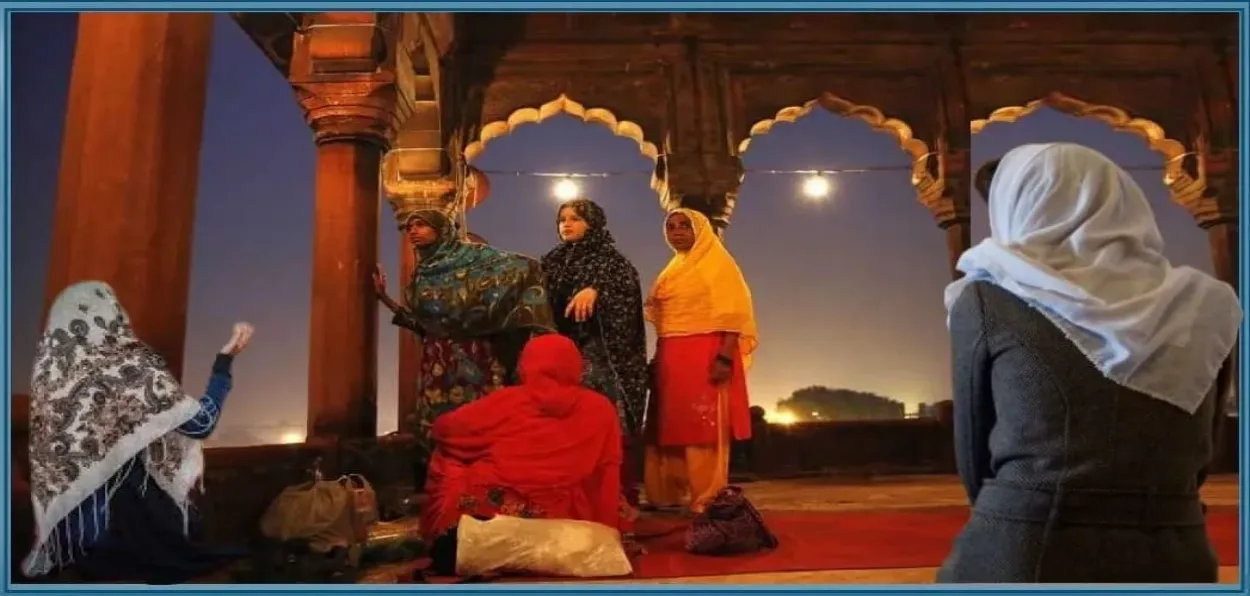
Eman Sakina
Premenstrual syndrome (PMS) is one of the most inner secrets in a woman’s life. It’s a psycho-neuroendocrine disorder that is generally noticed within seven days before menstruation due to the interplay of hormones. PMS decreases work performance in women as well as hampers interpersonal relations. Unfortunately, awareness about these hormonal changes is little even among educated women. They just ignore the situation and consider this abnormal condition as normal. Building awareness about
Friday Musings
PMS is important especially in this 21st century as more women choose to work outside the home.
Every woman experiences menstruation regularly, which is important for the uterine lining to regenerate and get ready for pregnancy. The last week of the luteal phase, which is often the week before menstruation, is when premenstrual syndrome (PMS), a menstrual condition, usually manifests as a collection of physical, behavioral, and emotional symptoms.
Normal timing for the onset of symptoms is after day 13 of the menstrual cycle. PMS symptoms can appear at any moment while a woman is fertile. PMS can cause days of disruption to a woman's routine life.
PMS is very common and it affects millions of young women. Epidemiological data shows that 75% of women of reproductive age suffer from some PMS symptoms, while 3% to 8% reported extremely severe PMS symptoms. Common PMS symptoms include mood swings, depression, irritability, abdominal cramps, headache, generalized pains, abdominal bloating, breast swelling and tenderness, and appetite changes. However, most of these theories are not scientifically based or proven yet. It was reported that psychosocial and socio-demographic factors can affect PMS.
Most women may control their PMS symptoms using conservative therapies and lifestyle changes such as dietary adjustments, stress management, daily symptom tracking, exercise, relaxation, education, and good sleep habits. It is advised to consume less or no salt, coffee, chocolate, smoke, or alcohol, eat short, frequent meals that are high in complex carbohydrates, and modestly supplement with vitamins and minerals. Herbs are frequently used to relieve the symptoms of PMS.
But what would happen if there would be no awareness or discussion on such sensitive topics?
The menstrual taboo that we talk about today usually refers to the societal fear of talking about periods. Because of this universal understanding that people should not talk about periods in public, people have given some nicknames to the phenomenon.
The taboo that encourages isolation and silence around menstruation has formulated and strengthened a persistent stigma. We have created a society in which menstruators are taught to feel less confident and are too often considered less capable, simply because their bodies menstruate.
The period stigma tells us that menstruation makes women crazy, moody, and irresponsible. Suddenly our opinions and emotions are less legitimate because we have raging hormones. We must refrain from participating in educational, professional, extracurricular, and social activities because we are considered weaker or because we might make others uncomfortable. The stigma causes people with periods to feel ashamed and embarrassed about their bodies and menstrual cycles.
If the taboo and stigma together lead us to believe that having periods is something menstruators should hide and feel ashamed about, then we need to act in the exact opposite way to break the taboo and stigma. We will not keep quiet. We will organize and speak about cycles, period products, and menstrual health over loudspeakers on stages.
In the Water Aid report Menstrual Hygiene Matters, a woman from Tanzania speaks about her first period. She remembered, “I did not know what was happening or what to do to manage menstruation. I used cotton wool, pages from an exercise book, and leaves from trees. I suffered much embarrassment at school because I leaked and stained my uniform.”
It is not just girls’ education that suffers during menstruation, but overall health. For instance, 70% of all reproductive diseases in India are caused by poor menstrual hygiene – it can also affect maternal mortality. In urban India, 43%-88% of girls use reusable cloth during menstruation, yet they are often washed without soap or clean water which can cause fungal and other diseases.
Moreover, girls also suffer from social exclusion due to inaccurately held social beliefs about menstruation. It is time to stop treating people with a uterus as second-class citizens. Periods are not dirty.
Allah has ordained this time of the month to women and it should be accepted as it is the will of our Lord. Women are supposed to halt the prayers and fasting because, for that, they need to wait for the periods to get over and purify themselves.
During the times of illiteracy, before the prophecy of the Prophet people would not sit with their wives, they used to avoid eating with them considering that the women were impure and dirty during menstruation.
However, after the Prophet, he enlightened the people that it is okay to go near your wives, you can cuddle them and enjoy time together, sex is prohibited, but you can make love. None of it is prohibited as per the command of the Prophet.
Menses are something not to be ashamed of. A woman should not feel that she cannot gain any reward at this time. There are a lot of good deeds she can still perform while in the menstruating state. Prohibit social stigma related to periods. Also, there is a need to converse on periods so that women in our society should not be made embarrassed if they bleed monthly. It is a natural process and a sign of motherhood.
ALSO READ: Dr Sania Siddiqui's tagline on menstruation : Periods are not shame; it's our capacity
A woman is impure and she is prohibited to fast and praying but there is nowhere written you cannot sit with them, eat with them or make love to your wives at this time.
